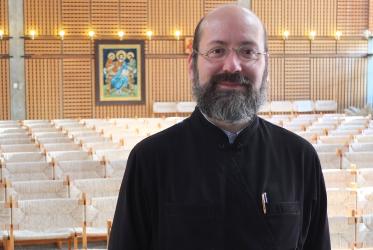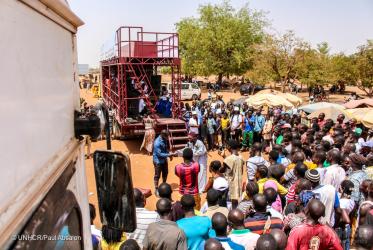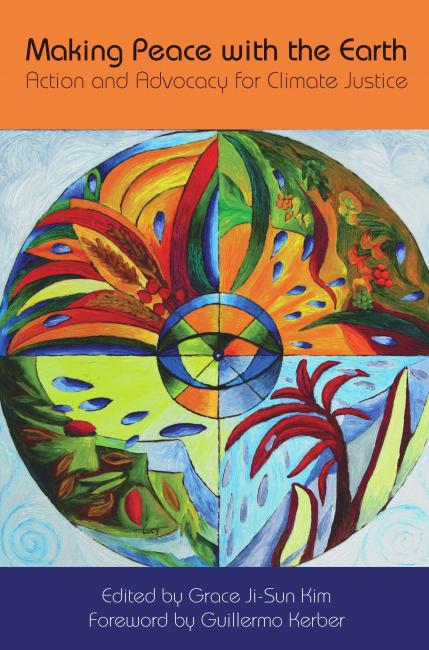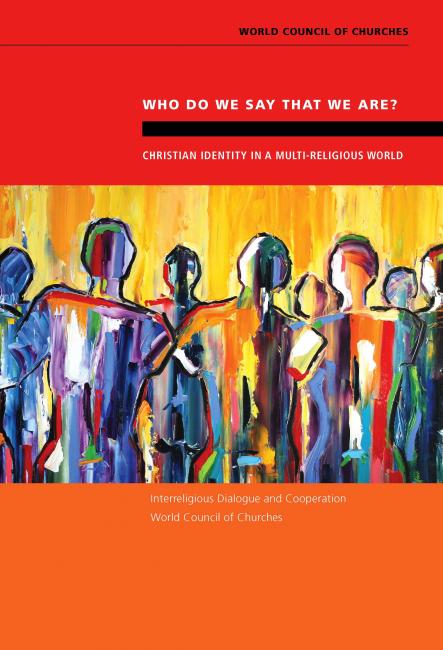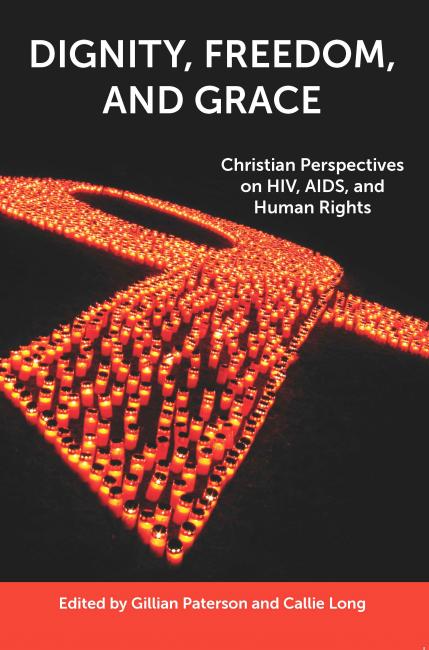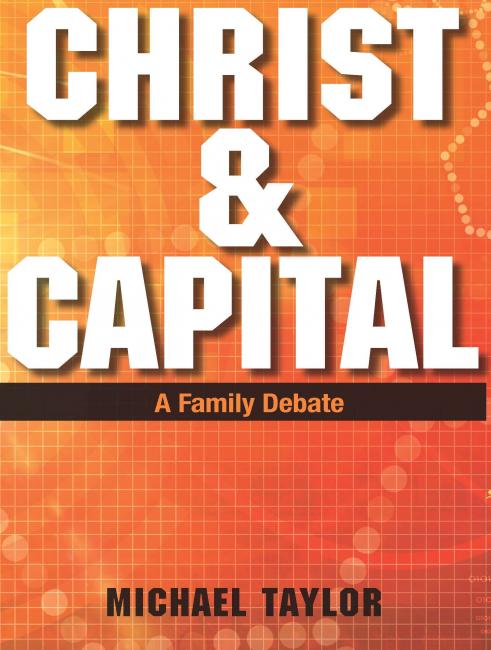Displaying 101 - 120 of 319
International Dialogue Texts and Agreed Statements, 2004–2014, Volumes 1 and 2
01 February 2017
Archbishop Job of Telmessos: Church unity is still our dream
31 October 2016
WCC fields inter-Orthodox response to convergence text
17 October 2016
Study group focuses on moral discernment in churches
04 August 2016
Hosanna! Ecumenical Songs for Justice and Peace
01 August 2016
Hielke Wolters: Apostle of mission strategies
01 August 2016
God’s forgotten children
20 June 2016
Believers’ baptism provides a theme for The Ecumenical Review
15 October 2015
Christ & Capital
01 January 2015

